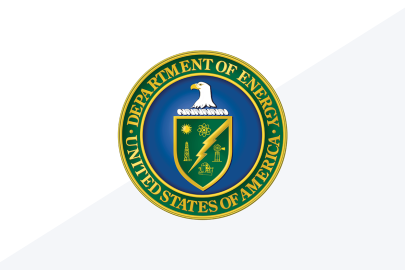Background
Rural communities face a unique set of energy challenges due to their smaller populations and isolation from larger electrical systems, including higher electric bills, unreliable energy supplies, and/or no access to electricity at all. Nearly 50 million Americans live in rural or remote areas where energy costs are often disproportionately high and service can be unreliable. At the same time, America has vast unused potential for new energy resources with nearly 97% of the country’s land mass considered rural.
Program Overview
The Energy Improvements in Rural or Remote Areas (ERA) program gives communities with 10,000 or fewer people the tools and resources they need to improve the resilience, reliability, and affordability of their local energy systems. These community-driven projects enable residents to make the right decisions about their own energy, economic, cultural, and geographic needs.
Announcements
- View the previously recorded Funding Opportunity Announcement Informational Webinar, held on October 8, 2024. The webinar is also available in Spanish here.
- Read the OCED News Alert announcing the Notice of Funding Opportunity, published October 2024.
- Download the Notice of Funding Opportunity, issued October 2024.
- View the Notice of Intent, issued August 2024.
- Read the OCED News Alert announcing the Notice of Intent, published August 2024.
- View the previously recorded Fixed Award Grant Program Applicant Informational Webinar, held on September 7.
- Download the Grant Funding Opportunity Announcement, issued May 2023.
- Download the ERA Grant FOA Guidance document, issued May 2023.
- View the previously recorded Grant Funding Opportunity Announcement Informational Webinar held on May 30, 2023.
- View the previously recorded Concept Paper Feedback Webinar, held on June 6, 2023.
- View the previously recorded Funding Opportunity Announcement Informational Webinar, held on March 29, 2023.
- Download the Funding Opportunity Announcement, issued March 2023.
- Learn more about the 33 winners selected for Phase Two of the Energizing Rural Communities Prize - read the announcement, issued September 2024.
- Learn more about the 67 winners selected for Phase One of the Energizing Rural Communities Prize - read the OCED News Alert, issued July 2023.
Resources
- The Federal Energy Funding for Rural and Remote Areas guide is for interested parties seeking federal funding and support for local energy projects in rural or remote locations.
- Access the Rural or Remote Area Geospatial Dashboard tool, which comes with a video tutorial for guidance.
OCED News
Subscribe and stay up-to-date on all upcoming funding opportunities, news announcements, upcoming events, and more.


